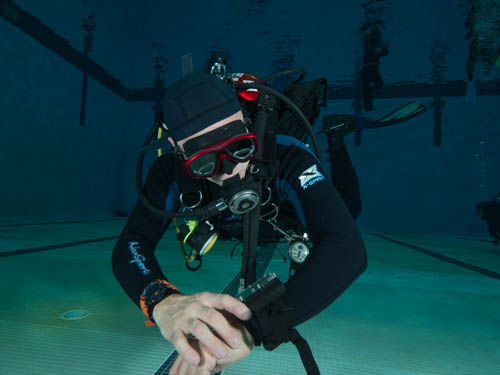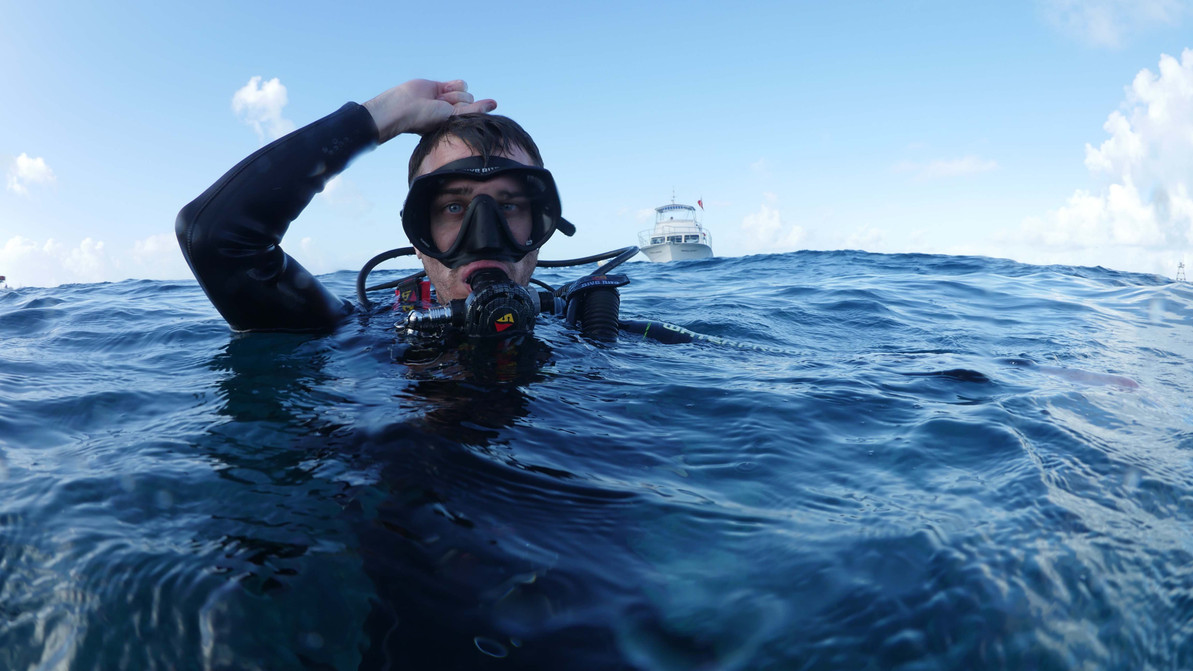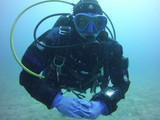Scuba Refresher Courses: Why They’re Essential for Every Diver
If you take a look at your scuba certification card, you’ll notice there’s no expiration date. It might seem like that means your certification lasts forever, right? Well, not exactly. Think of it like a driver’s license: just because you passed your driving test doesn’t mean you’ll be a safe driver forever, especially if you haven’t been behind the wheel in years. Without practice, your skills can quickly fade. The same goes for scuba diving. To be a competent and safe diver, you need to dive regularly, or at the very least, refresh your skills when you haven’t been diving for a while.

What You Need to Get Back in the Water
If it’s been a while since your last dive, don’t worry – there are plenty of options for getting back into it, depending on how long it’s been since your last dive.
-
Less than a Year Since Your Last Dive: If it's been under a year, you might not need additional training. However, some divers feel the need for a little practice to get comfortable again. You can jump in one of the pool fun sessions for some practice, join a pool refresher course with an instructor or head out with a Dive Master for a guided dive.
-
1-5 Years Since Your Last Dive: If you have not been in the water for over a year, it will be nessessary to take a refresher course with an instructor. This quick session, usually lasting a couple of hours, will cover safety procedures, common dive practices, and essential skills. Refresher courses take place in a pool, so you can even do this year-round, no matter the weather.
-
4-8 Years Since Your Last Dive: After a long break from diving, a short refresher might not be enough. In this case, you might want to opt for a more comprehensive course audit, which spans a weekend. This will cover in class dive theory such as decompression theory, dive physics as well as dive equipment assembly and in water pool training of all open water skills. It’s an excellent way to ensure you’re up to date on the latest practices and refresh your skills in a more structured environment.
-
Over 8 Years Since Your Last Dive: If you’ve been out of the water for over eight years, it’s likely you’ll need to take the Open Water Diver course again. This is a great opportunity to relearn everything from the basics, and you might discover that some techniques or equipment have changed in the meantime. For example, dive computers are now widely used, and you may not have encountered them when you first got certified. This is the perfect time to reintroduce yourself to the world of scuba and ensure you’re fully prepared to dive safely.

How to Keep Up Your Training
The best way to maintain and improve your diving skills is to keep diving regularly. Local lakes are a great option during the summer months, offering a convenient place to practice. If you're looking for something more adventurous, a trip to Vancouver Island could provide a refreshing change of scenery, and if you’re a dry suit diver, you can dive there year-round. Pool practice is another option, especially in colder months, and it gives you the chance to test new gear while refining your techniques.
How to Improve Your Skills
For divers who have been active but are struggling with certain aspects of diving, taking a specialty course can help. There are many courses available to help you improve specific skills or styles of diving. One popular course is the Advanced Buoyancy Control course, designed for divers who have difficulty managing buoyancy. This course teaches finer points of weighting, trim, finning, and other essential techniques to help you master buoyancy control – a crucial skill for all divers.
By committing to regular practice and refreshers, you ensure that your skills remain sharp and you stay safe while diving. Whether you’re diving locally or traveling to new spots, your confidence and enjoyment will grow as you continue to enhance your skills and knowledge. Don’t let a lack of practice stand between you and your next underwater adventure – dive in, refresh your skills, and keep exploring the wonders of the ocean!
Recent Posts
-
Scuba Refresher Courses: Why They’re Essential for Every Diver
If you take a look at your scuba certification card, you’ll notice there’s no expiration date. …2025 Apr 7th -
Local Scuba Diving Available During the Summer
Fresh water diving is available all summer and into the fall in various lakes around the province …2024 May 29th -
Top 5 reasons to start Snorkeling
There are so many reasons to go on a nice, warm, tropical vacation during the winter, especially her …2024 Mar 7th




